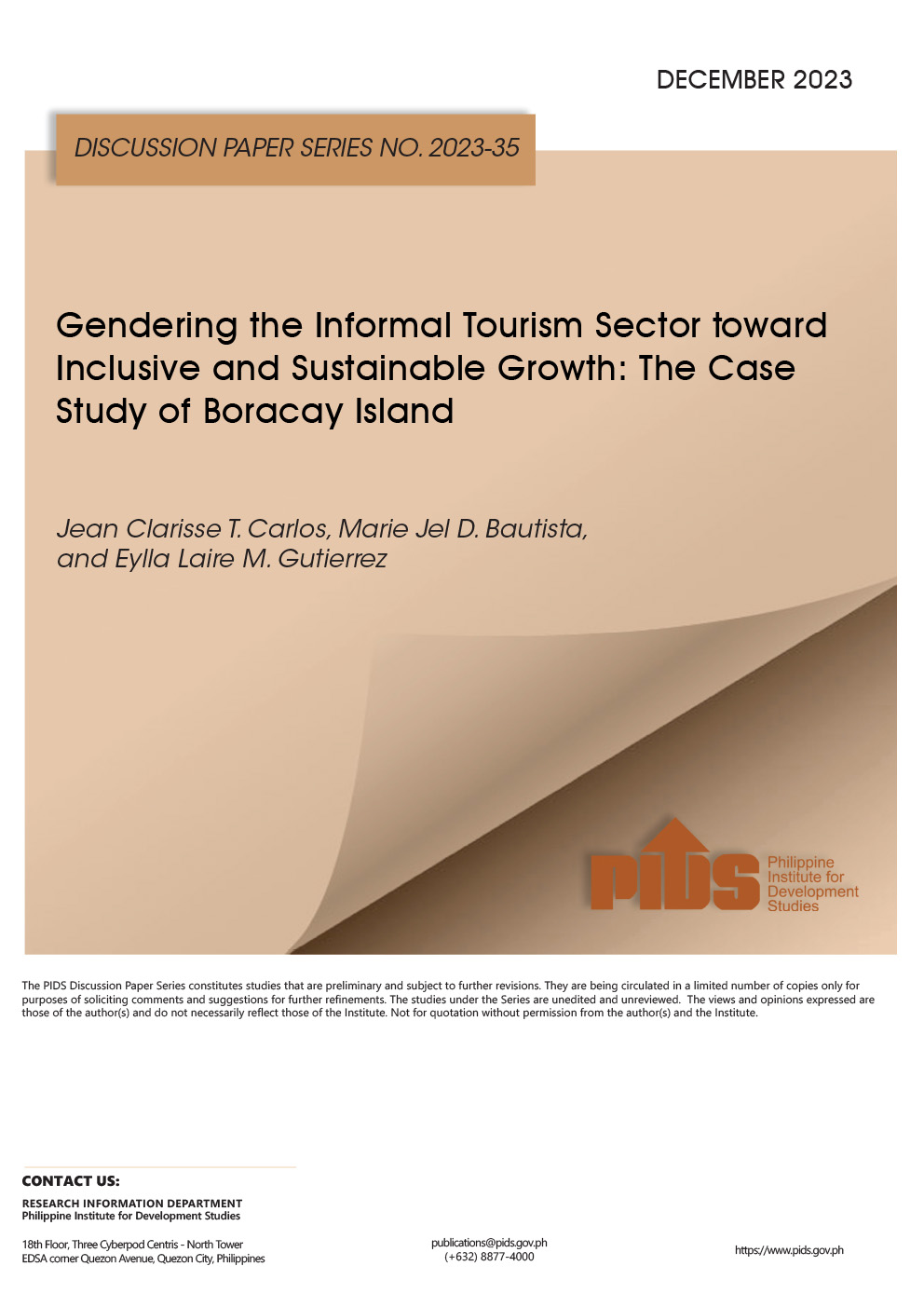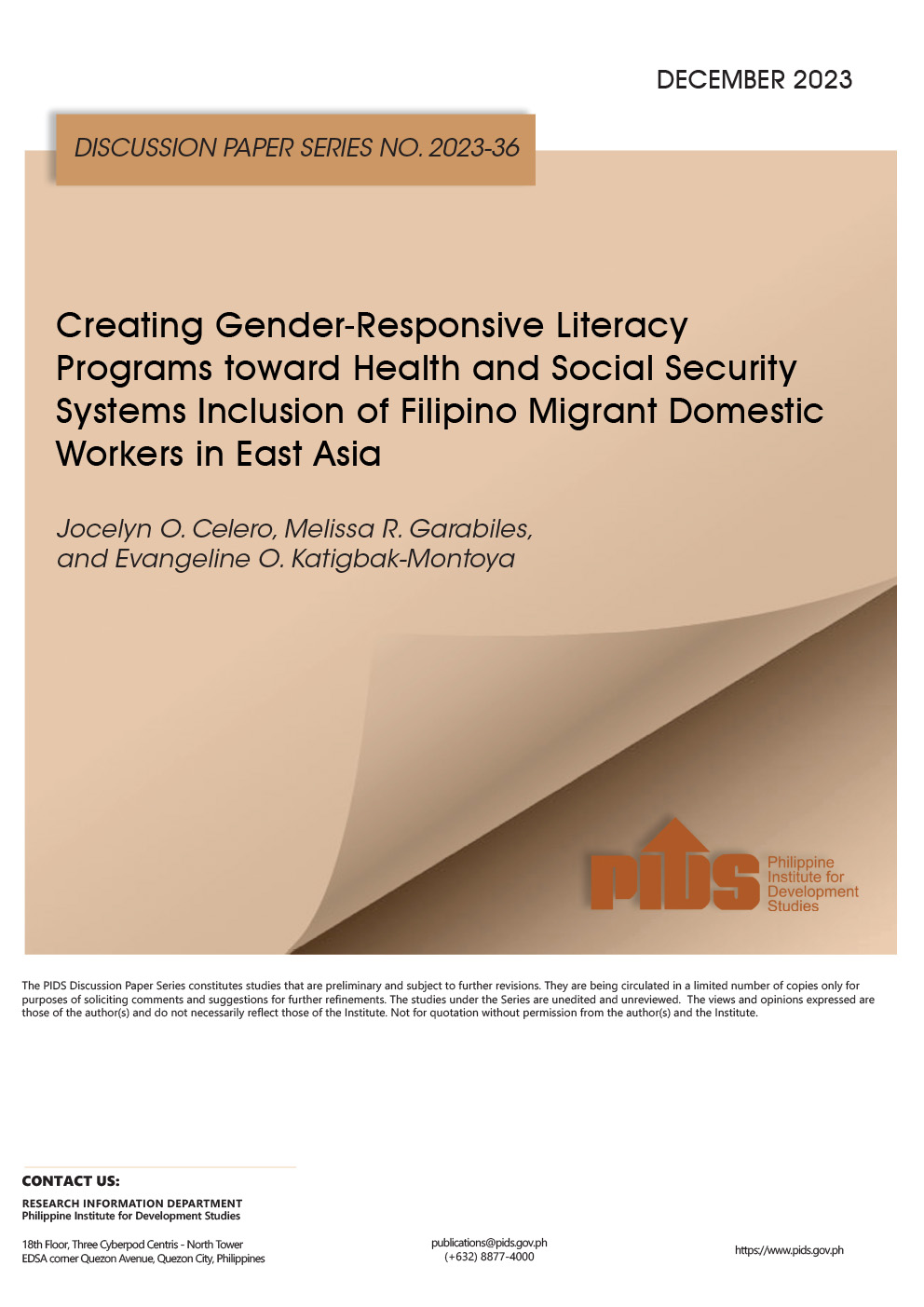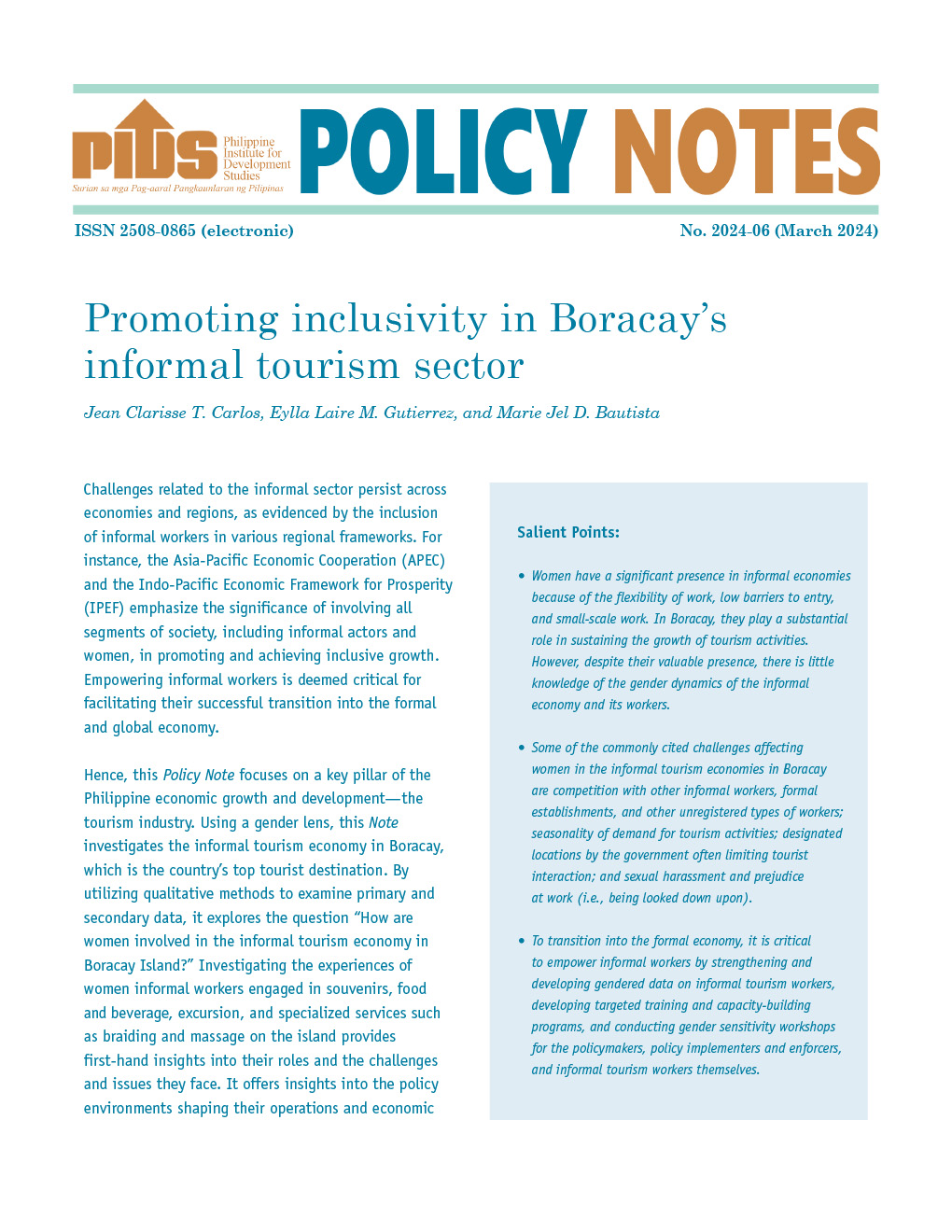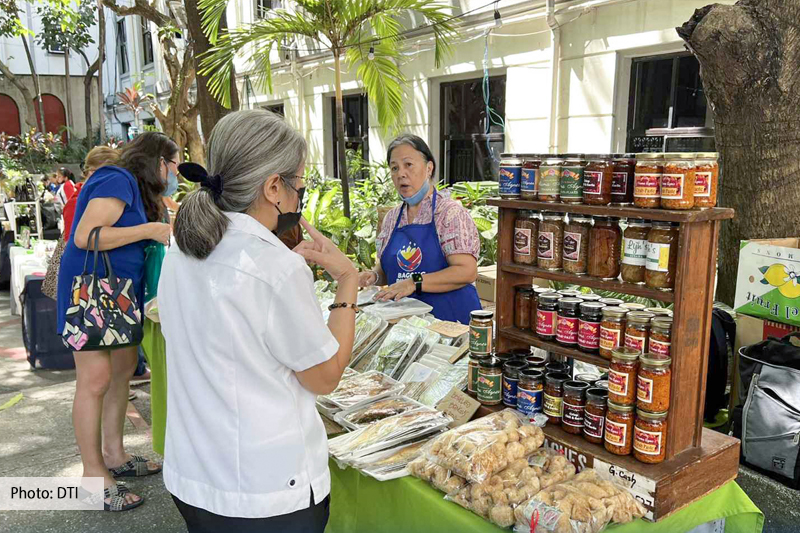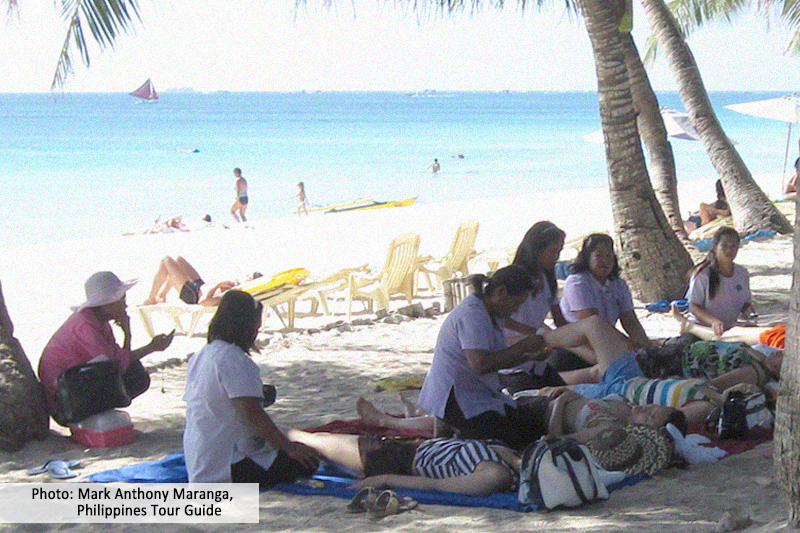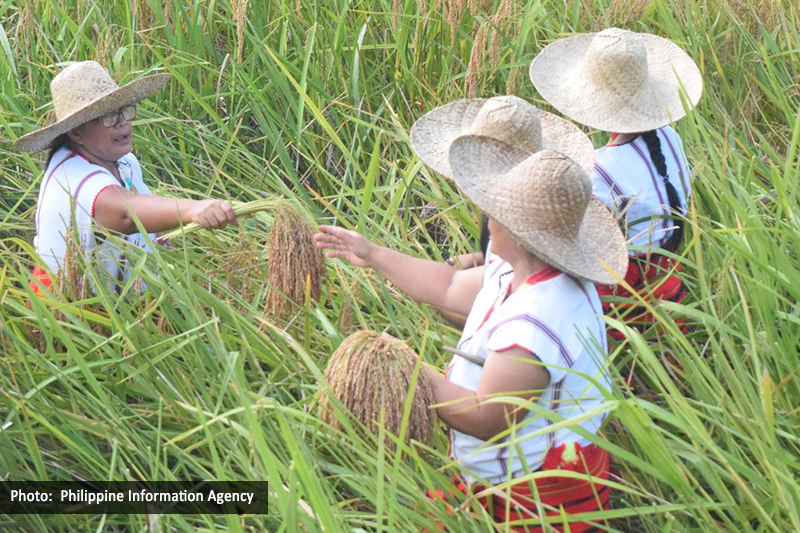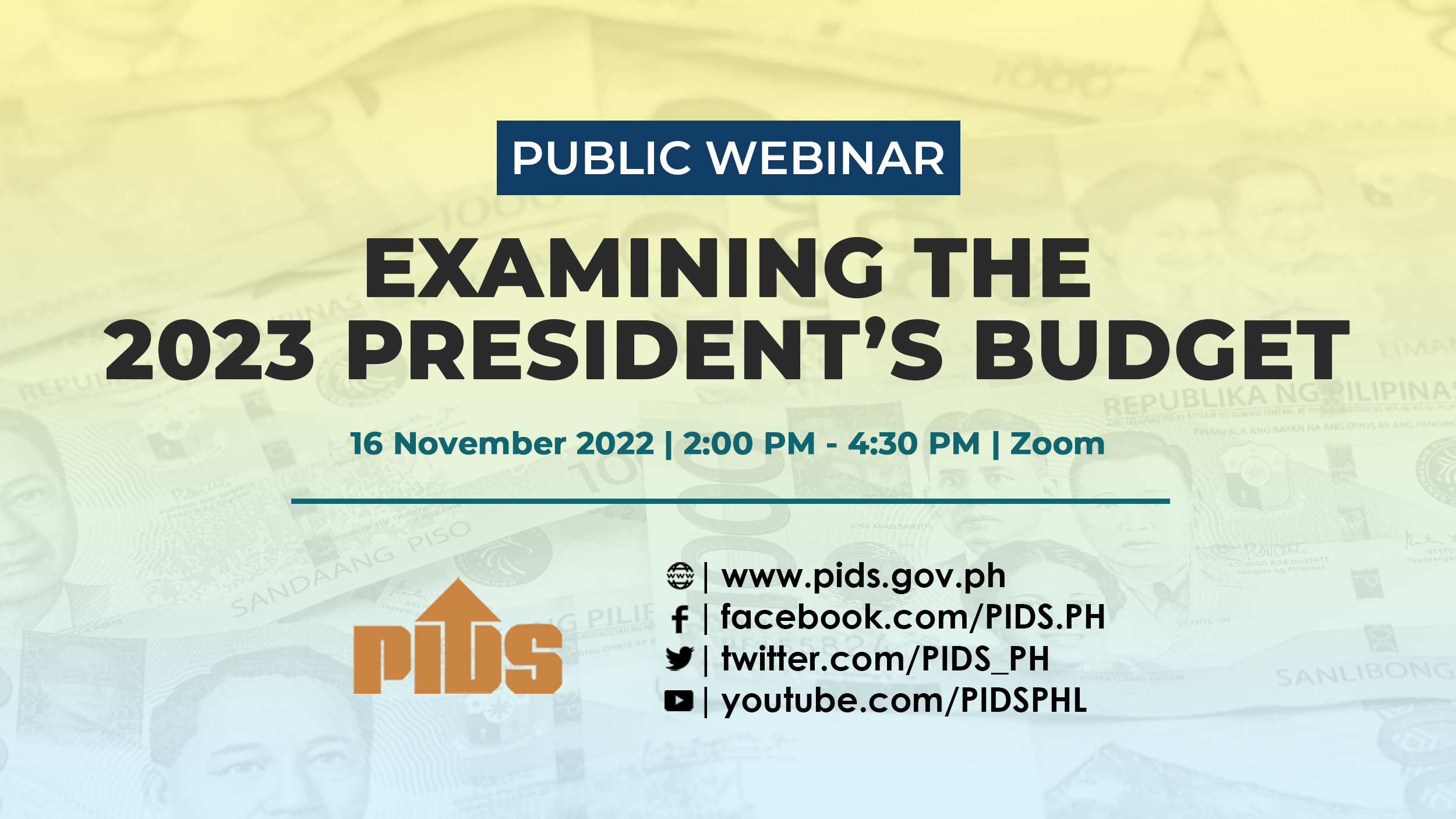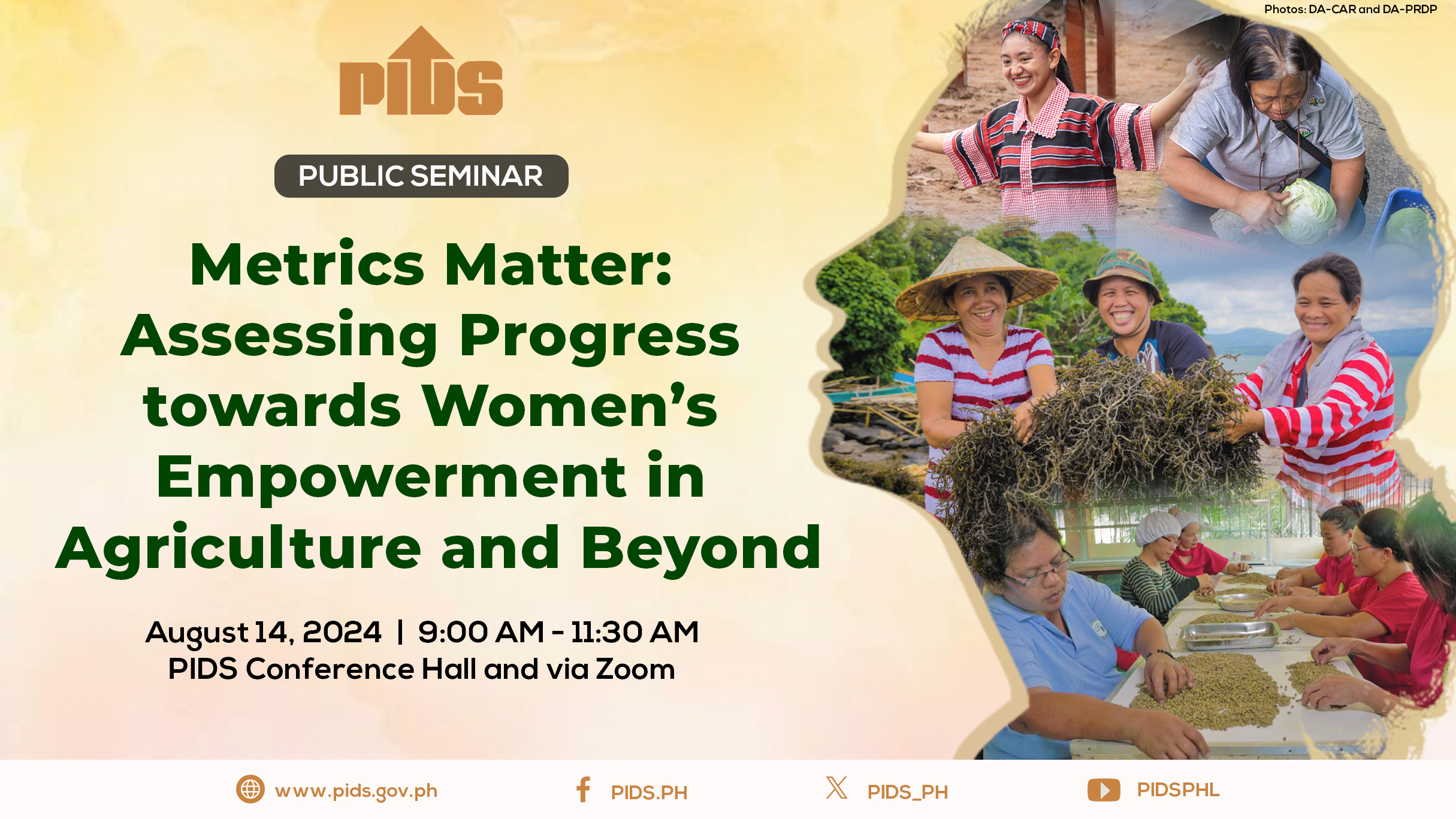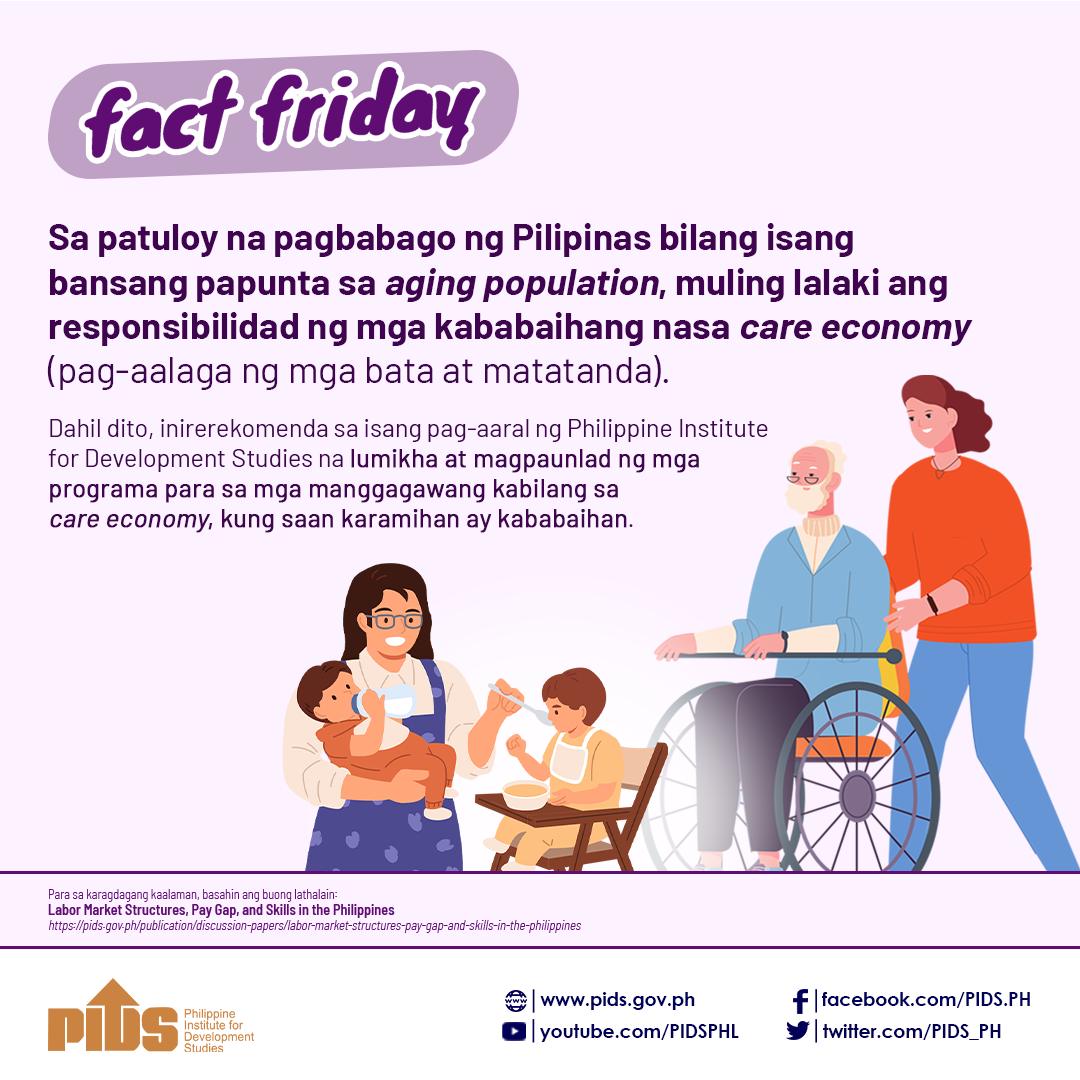In 15 of the last 35 years since the restoration of democracy in the Philippines, a woman was leading the country. Both former presidents Cory Aquino and Gloria Arroyo also stared down numerous military coups, unlike their male counterparts.
The top pick to replace President Rodrigo Duterte is his daughter and political heir, Davao City Mayor Sara Duterte-Carpio, who could face off with another woman, Vice President Leni Robredo. That's why the incumbent's recent speech adlib raised a question: are women unqualified to lead a country because of their "emotional setup"?
"Women are certainly capable of leading and occupying positions of power," said Jean Encinas-Franco, a political science professor at UP Diliman. Statements that look down on their capabilities "normalize women's absence in politics."
In the pandemic, women leaders stood out for containing COVID-19: Jacinda Ardern of New Zealand and Tsai Ing-Wen of Taiwan.
"Even accounting for institutional context and other controls, being female-led has provided countries with an advantage in the current crisis," according to a study by the Centre for Economic Policy Research and the World Economic Forum.
Duterte last week said his daughter was unlikely to run for president, then proceeded with his remark: "Hindi ito pambabae. Alam mo, the emotional setup of a woman and a man is totally different."
Vice President Leni Robredo responded: "Yung values na pinapaniwalaan natin ay yung respeto sa kababaihan ay mataas, dapat ginagalang yung mga kababaihan. Yung part ng kababaihan sa governance ay mahalaga."
Women leaders are outperforming men
Leaders are still stereotyped based on gender even as organizations want to view men and women as equally capable, studies showed. Men are seen as "task -oriented" while women are more "interpersonally-oriented."
"Women tended to adopt a more democratic and participative style and a less autocratic or directive style than men. These attributes have been seen as key in a number of studies, especially in managing a crisis," according to the WEF study.
U.S. President Donald Trump and his Brazilian counterpart Jair Bolsonaro both downplayed the seriousness of the virus and are now facing the world's worst outbreaks when leaders like Ardern are faring better.
In between military uprisings, Arroyo declared in her 2007 State of the Nation Address: "From where I sit, I can tell you, a President is always as strong as she wants to be."
Up until she left office after nearly a decade in power, Arroyo put up a tough exterior: power suits and fatigues, stiff hair and a poker face that journalists covering her just had to deal with.
Women are underrepresented at the top
While women in the Philippines were among the first in the world to be elected president, they are still underrepresented in top positions in government and in business, a study by the Philippine Institute for Development Studies said.
Not enough women are running for public office. From 2004 to 2016, just 17% of national and local candidates are women, who hold one in every five elective positions, according to Comelec.
There are also structural issues, said Encinas-Franco. Philippine law lacks a quota for women representation in government, unlike in other countries.
In Germany, names of female and male candidates appear alternately in ballots, to avoid people voting only for male candidates who usually appear first in order.
"In normal situations, you also have to think about whether they were elected based on the fact that they were women," said Encinas-Franco.
In the end, it would make sense to ensure equal representation in government as women comprise half of the Philippine population, Encinas-Franco said. But it's electing the right women which really matters, she said.
"The argument really is when more women are in formal politics, they can serve as role models. They are also believed to legislate or create programs that enhance social welfare," she said.
Madam President, Does Gender Matter in Leadership?

